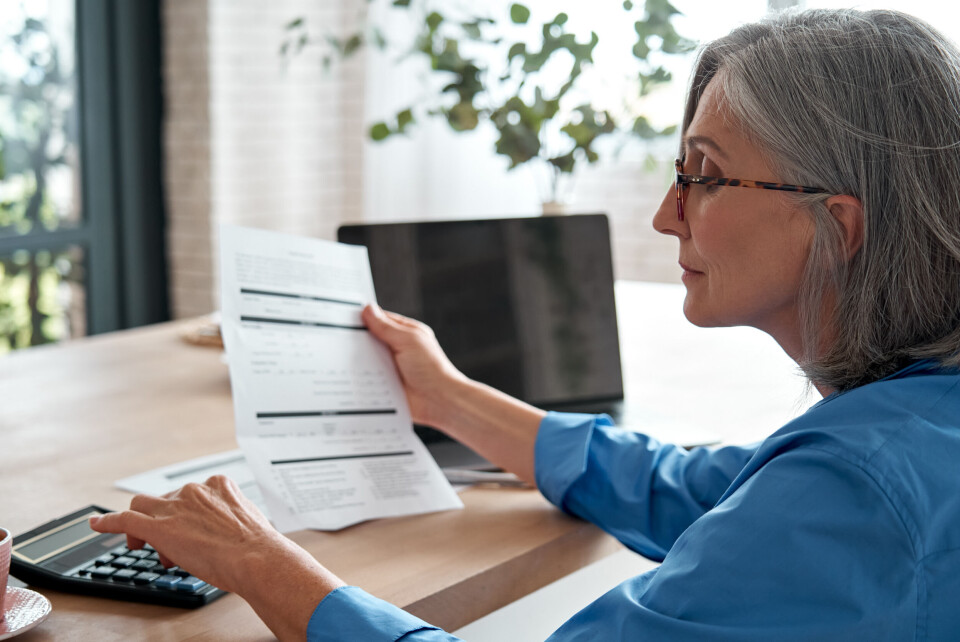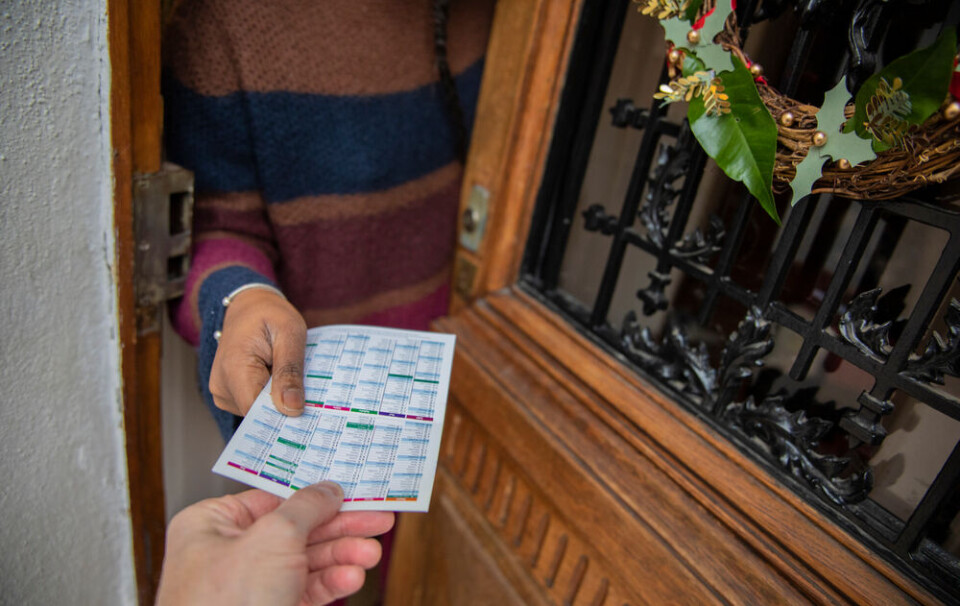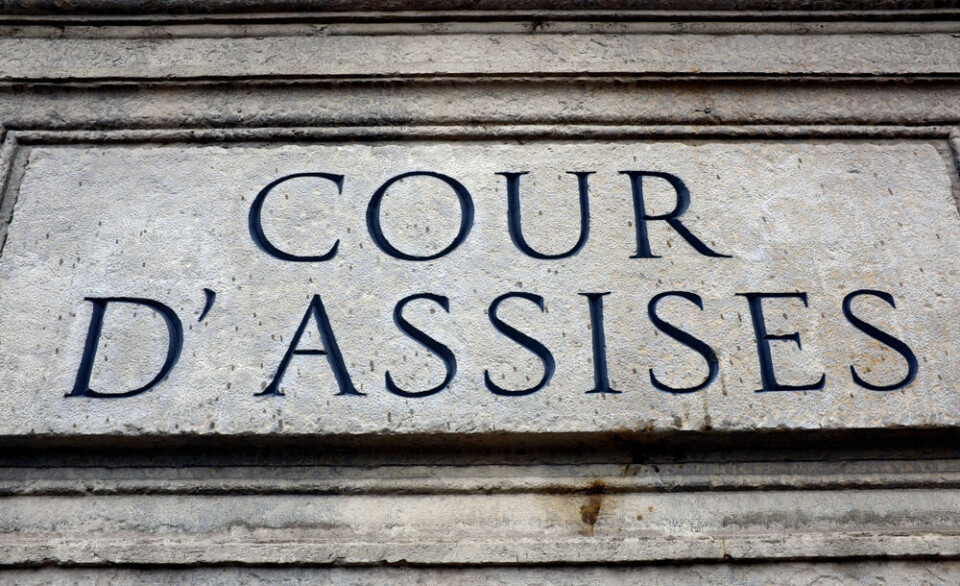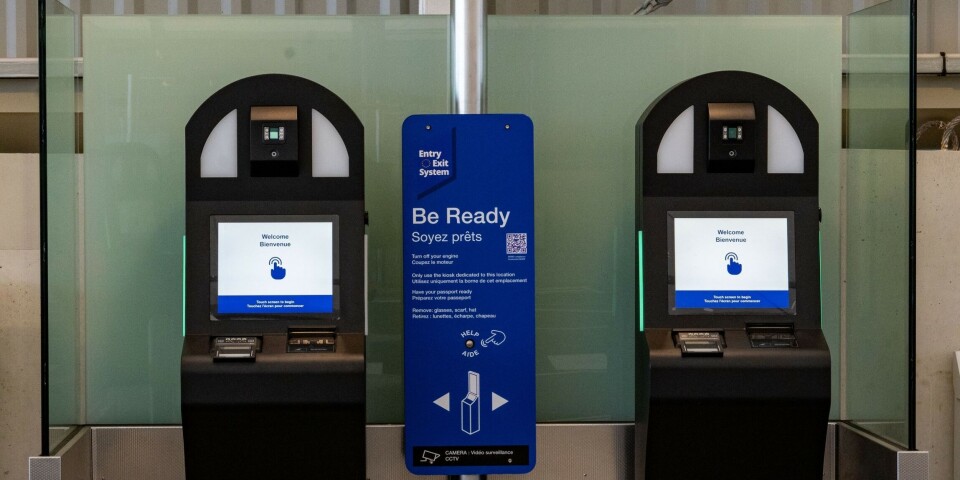-
What happens if a British person dies alone in France with no heirs or will? - Partner article
Rules can be complicated if there are assets in both countries
-
How to save money when relocating to France: moving, fees and property tips
Buying a home is one of the most expensive things you may ever do. Here we look at ways to make your money go further before moving in
-
Can British classic car be registered in France?
There are both benefits and restrictions to registration as a véhicule de collection
Eight tips to get retirement in France off to a flying financial start
Partner article: Rob Kay from Blevins Franks guides you through the tax, pensions, savings, investment and estate planning issues to tackle early on

Are you fulfilling a dream of spending your retirement years in France?
Whether you are still at the planning stages or you have recently arrived and are familiarising yourself with life in a new country, there are various financial and estate planning issues to work through.
Most can be tackled early on, so you no longer need to worry about them, other than some regular maintenance.
Here is how to get started:
1. Understand the tax implications of living in France
Once you are tax-resident in France, you become liable to French tax on your worldwide income, gains and real estate wealth.
You are considered tax-resident if your main residence/home is in France, or you spend more than 183 days here a year (it is your principal place of abode), or your principal activity (occupation) is in France, or it is the country of your most substantial assets.
If you meet both French and UK tax-residence criteria, ‘tie-breaker’ rules establish where you pay tax.
Read more: France or UK: Are you paying your taxes in the right country?
France uses the split-year approach: you become resident from the day you arrive if you intend to live here indefinitely.
2. Time your move to save tax
The French tax year runs from January to December, whereas the UK one is April to April.
The two countries apply different capital gains tax rules and rates.
It is therefore worth weighing up whether it is more tax-efficient to sell your UK assets while still in the UK or to wait until you are resident in France, then time your move accordingly.
3. Structure your assets to minimise tax in France
A potentially costly mistake is assuming that what was tax-efficient in the UK is the same in France. ISAs, for example, lose their tax-free status once you are no longer UK-resident and the interest, dividends and gains might attract French tax.
While the headline rates of tax can look high, the French regime does present attractive tax mitigation opportunities.
The way you hold your assets can make a significant difference to how much tax you pay.
Read more: Clinging to UK assets while living in France might not make tax sense
4. Research how UK pensions are taxed in France
For residents of France, UK state pensions, occupational and personal pensions, and annuities are taxable in France, not the UK.
Government service pension income, however, remains liable only to UK tax and is not directly taxable in France (you still include it as part of your taxable income but receive a tax credit).
Pension lump sums are taxable in France, normally at the scale rates of income tax plus 9.1% social charges.
However, if you take your whole pension fund at once (or there is no possibility to take a further capital sum from the same fund) and the pension contributions were made into a contributory scheme, then you may be eligible for a special 7.5% rate (plus social charges).
You do not pay social charges on pension income if you are not subject to the French healthcare system and/or you have an S1 form.
5. Consider the QROPS option
Once resident in France, it might be possible to transfer certain UK pensions to a Qualifying Overseas Pension Scheme (QROPS).
These can provide flexibility to take income in euros, more freedom to pass benefits to chosen heirs, and protection from further UK lifetime allowance charges.
However, pension rules frequently change, so you need to keep up to date. In any case, always take regulated advice before making pension decisions to protect your benefits.
6. Review your savings and investments
Once you have retired and are living in France, your circumstances and objectives will have completely changed from your working days in the UK. It is likely that your risk tolerance will be lower too.
This is the perfect time for a completely fresh review of your savings and investments.
Ensure your overall portfolio is suitable for you today, is designed to meet your aims and current risk appetite, and that you have adequate diversification to reduce risk.
Consider, too, what currency to hold your savings in. Keeping assets in sterling puts you at the mercy of conversion costs and negative exchange rate movements.
It might be sensible to have a mix, so look for investment structures that allow flexibility.
7. Do not forget estate planning
The French succession regime varies significantly from the UK’s. French inheritance tax is completely different and France also imposes forced heirship, though you can plan to get around this.
It is essential to review and adjust succession planning to be effective under the French system.
8. Allow for a future return to the UK
There might come a point in your retirement when you decide to move back to the UK.
Early planning will help to make your move as seamless and tax-efficient as possible.
Give yourself enough time to reorganise your financial affairs in advance, not only for your peace of mind, but also to ensure the financial implications of your return work in your favour.
With your tax and estate planning carefully structured around being a French resident, these need to be modified accordingly when you leave.
If you transferred UK pensions into a QROPS or made pension decisions based on French taxation, you will need to establish the best way forward.
A helping hand
Cross-border wealth management is complex, with all the various elements potentially having a knock-on effect on others.
For example, how you own assets can have repercussions on what tax you pay and your estate planning options.
It is therefore strongly recommended to speak to a specialist adviser. They can provide a strategic financial plan for the whole process, from planning stages in the UK if you have not already moved, ensuring you do everything at the right time, all the way through to your retirement years in France. They can also advise on any potential return to the UK in future.
Related articles
Why it is never too early to plan a secure retirement in France
French property tax: buying, selling, capital gains, inheritance
Five tips to enjoy a long and financially secure retirement in France
























